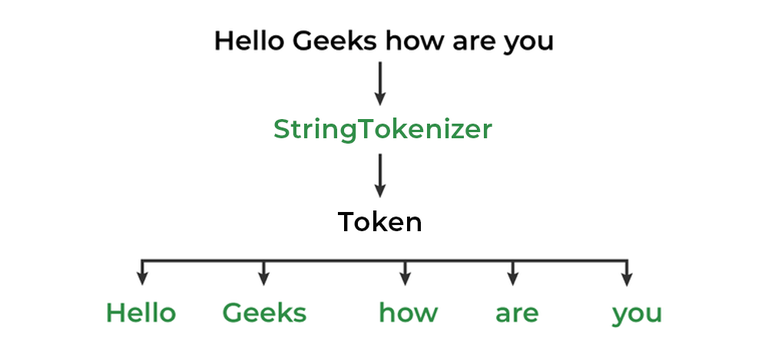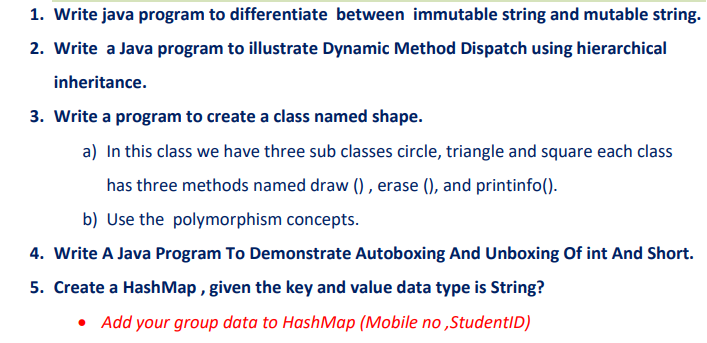Why Are Strings Immutable in Java? Insights into Memory Efficiency
Why Are Strings Immutable in Java? Insights into Memory Efficiency
Blog Article
Immutable Strings: A Secret Component in Ensuring Information Consistency and Reliability
In the world of data management, the importance of unalterable strings can not be overemphasized. These unvarying sequences of personalities play a pivotal function in promoting the stability and accuracy of details within systems. By keeping a state of immutability, information consistency is made sure, promoting a foundation of dependability upon which essential processes depend. The idea of immutable strings goes beyond mere triviality; it is a cornerstone in the complicated web of data administration. As we check out the benefits, application approaches, and practical applications of immutable strings, a more clear image emerges of their important nature in safeguarding the electronic landscape.
The Principle of Immutable Strings
Immutable strings, a basic idea in programming, describe strings that can not be customized once they are produced. Basically, once a string value is assigned, any type of operation that shows up to customize the string in fact develops a new string. This immutability guarantees data uniformity and integrity in applications, as it avoids unanticipated changes to the original data.
Benefits in Information Uniformity

Data consistency is essential in numerous facets of software application advancement, consisting of database administration, multi-threaded settings, and dispersed systems (Why are strings immutable in Java?). Unalterable strings add substantially to attaining this consistency by preventing data corruption as a result of simultaneous access. In scenarios where several procedures or strings interact with the very same information at the same time, unalterable strings work as a secure against race conditions and synchronization issues
Furthermore, the immutability of strings streamlines debugging and testing processes. With unalterable strings, programmers can rely on that once a string is established, it will certainly stay unmodified, making it much easier to trace the resource of errors and ensuring that examination instances create constant results. This reliability in information taking care of ultimately leads to extra durable and steady applications.

Applying Unalterable Strings
Making sure the immutability of strings calls for a thoughtful technique to their execution in software growth. When a string item is created, one crucial approach is to design string classes in a way that stops alterations. By making strings unalterable, developers can improve information uniformity and integrity in their applications.
To apply unalterable strings efficiently, developers should prefer developing brand-new string items as opposed to customizing existing ones. This technique ensures that when a string is designated a worth, it can not be changed. In addition, any operation that appears to modify the string ought to create a new string with the preferred modifications as opposed to changing the original.
Additionally, making use of immutable strings can streamline concurrency administration in multi-threaded environments. Given that immutable strings can not be transformed after creation, they can be safely shared amongst numerous strings without the risk of data corruption.
Function in Integrity Guarantee
In software advancement, the utilization of unalterable strings plays a critical function in ensuring the integrity of data procedures. Immutable strings, as soon as created, can not be modified, making certain that the data they stand for continues to be constant throughout the application's implementation. This immutability property supplies a level of assurance that the information being processed will not be accidentally transformed, leading to unforeseen outcomes or errors in the system.
By integrating immutable strings into software design, developers can improve the integrity of their applications by decreasing the threats connected with mutable data - Why are strings immutable in Java?. Immutable strings help in preventing data corruption or unplanned modifications, which can be particularly critical when managing delicate details or when information stability is paramount
Furthermore, the use of immutable strings streamlines simultaneous processing, as multiple strings can safely gain access to and share string data without the threat of one string modifying the content while another reads it. This facet contributes dramatically to the general dependability of the software program system, ensuring consistent and predictable habits in information managing operations.
Applications and System Combination
The smooth combination of immutable strings into numerous applications and systems is critical for making certain robust information uniformity and integrity across varied technological settings - Why are strings immutable in Java?. Unalterable strings play a vital function in improving the honesty of information exchanges and communications within complex software ecological communities. By integrating unalterable strings into applications, developers can minimize the threats related to information meddling, unauthorized modifications, and unintentional changes, thus strengthening the total security pose of the system
In the context of system click this site assimilation, unalterable strings work as a foundational element for establishing safe and secure communication networks and facilitating smooth information transfers in between different components. Their unalterable nature makes sure that data sent in between systems stays unchanged and proven, minimizing the chance of inconsistencies or mistakes that can endanger the stability of the whole system. Furthermore, unalterable strings can boost interoperability between disparate systems by supplying a standard style for information depiction, enabling much more reliable information handling and exchange methods throughout interconnected platforms. By Check This Out embracing immutable strings in applications and system combination procedures, organizations can strengthen their information infrastructure and promote the reliability and uniformity of their info assets.
Verdict
Finally, immutable strings play a vital function in preserving data consistency and dependability in various applications and system combinations. By ensuring that strings can not be changed once created, the stability of information is protected, decreasing the threat of incongruities and errors. Applying unalterable strings can substantially improve the integrity of systems, eventually leading to even more accurate and reliable data handling.

Report this page